#ad [recommended product]
Introduction
While there’s no single answer, Mother Nature often provides some pretty powerful clues on how to combat aging. Enter luteolin for anti-aging, a phrase you might not be familiar with yet, but one that’s making itself heard in the world of health and longevity.
Found in everyday foods like celery, parsley, broccoli, and chamomile tea, luteolin is a type of flavonoid—a natural plant compound brimming with antioxidant and anti-inflammatory properties. But this is no run-of-the-mill nutrient. Scientists are now uncovering its remarkable potential to combat the signs of aging from the inside out. So, could luteolin for anti-aging be the real deal? Let’s peel back the layers and see what the research has to say.
Effectiveness: Is Luteolin a True Anti-Aging Contender?
With luteolin, the evidence on its effectiveness is mounting and it looks quite promising. It’s not about reversing time, but about promoting a healthier, more graceful aging process.
Mechanism of Action: How Does It Work Its Magic?
Luteolin tackles aging on multiple fronts. It’s not just a one-trick pony; it’s a multi-talented performer in the cellular theater.
- Powerful Antioxidant Activity: Think of your body as being under constant attack from free radicals—unstable molecules generated by things like UV radiation, pollution, and even normal metabolic processes. These troublemakers cause oxidative stress, which damages cells, proteins, and DNA, leading to wrinkles, fine lines, and other signs of aging. Luteolin is a potent antioxidant, neutralizing these free radicals before they can wreak havoc. Some studies even suggest it’s more effective than other well-known antioxidants in protecting our DNA.
- Soothing Inflammation: Chronic, low-grade inflammation is a key driver of aging, a process sometimes called “inflammaging.” It’s linked to nearly every age-related disease. Luteolin shines here by inhibiting pro-inflammatory pathways in the body, like NF-κB, and reducing inflammatory cytokines. By calming this internal fire, it helps protect tissues and organs from premature decline.
- Protecting Your Skin: For many, the most visible signs of aging are on our skin. Luteolin offers a first line of defense by absorbing UV radiation, reducing the damage that leads to photoaging. It helps protect the collagen and elastin that keep our skin firm and supple.
- A Surprising Role in Hair Color: Here’s a shocker! Very recent research in 2024 using mouse models found that both topical and internal luteolin treatments significantly suppressed the graying of hair. It appears to work by fixing communication problems between the stem cells responsible for hair pigmentation, suggesting it could be a game-changer for maintaining your natural hair color.
Clinical Research Results
It’s important to set expectations: much of the groundbreaking research on luteolin has been conducted in vitro (in a lab) or on animal models. However, the results are incredibly compelling and are paving the way for human trials.
- Skin Health: Studies have shown that luteolin can protect human skin cells (keratinocytes and fibroblasts) from UVB-induced damage.
- Brain Health: Research indicates that luteolin can protect brain cells, potentially supporting cognitive function and memory as we age by reducing neuroinflammation.
- Hair Graying: As mentioned, a 2024 study published in the journal Antioxidants demonstrated luteolin’s ability to prevent hair graying in mice bred to go gray, a result that surprised even the researchers.
While we’re still waiting for large-scale human clinical trials specifically on anti-aging, the existing body of evidence provides a strong foundation for its benefits.
Dosing: How Much is Enough?
Since luteolin isn’t an essential nutrient, there’s no official recommended daily intake. However, supplements are widely available.
- Typical dosages in supplements range from 100 mg to 500 mg per day.
It’s always best to start with a lower dose to see how your body reacts and, most importantly, consult with your healthcare provider before adding any new supplement to your regimen.
Comparable Efficacy to Other Similar Treatments
How does luteolin stack up against other popular flavonoids like quercetin or catechins (from green tea)? All these compounds are fantastic antioxidants, but they have slightly different strengths.
- Quercetin: Also a powerful anti-inflammatory and antioxidant, often studied for its immune-boosting properties.
- Catechins (EGCG): Famous for its role in green tea, it’s heavily researched for its metabolic and fat-burning benefits.
Luteolin appears to have a unique and potent effect on neuroinflammation and, as recent studies suggest, on the mechanisms of hair pigmentation. While they’re all in the same family, luteolin is carving out its own niche as a specialized anti-aging molecule.
Safety: What Are the Risks?
No matter how promising a supplement is, safety is paramount. The good news is that luteolin, being a natural part of our diet for centuries, is generally considered safe. However, there are a few things to keep in mind.
Adverse Effects
For the most part, luteolin is well-tolerated. The safety profile is still being fully fleshed out, but reported side effects are rare and generally mild. However, some have been noted in specific contexts:
- It may temporarily increase irritability in some children with autism spectrum disorders.
- Animal studies have suggested it could potentially worsen chemically-induced colitis.
Drug Interactions
This is where you need to be cautious. Luteolin can interact with how your body metabolizes certain medications.
- CYP450 Enzymes: Luteolin can inhibit or induce certain liver enzymes (part of the cytochrome P450 system) that are responsible for breaking down many common drugs. This could potentially increase or decrease the effectiveness and side effects of medications. For example, it has been shown to interact with the cancer drug vandetanib.
- Progesterone: There’s some evidence it might block the effects of progesterone, which could be a concern for women with certain types of cancer.
The bottom line: If you are taking any prescription medication, especially for cancer, blood pressure, or blood thinners, it is absolutely essential to speak with your doctor or pharmacist before taking luteolin.
Precautions
- Pregnancy and Breastfeeding: There is not enough reliable information to know if luteolin is safe to use when pregnant or breastfeeding. It’s best to stay on the safe side and avoid use.
- Kidney Issues: As with many supplements, if you have pre-existing kidney problems, you should exercise caution and consult a doctor.
- Source Your Supplements Wisely: The supplement industry is not as tightly regulated as pharmaceuticals. Choose reputable brands that undergo third-party testing to ensure purity and potency.
Frequently Asked Questions (FAQs)
1. What are the best food sources of luteolin? You can find luteolin in a variety of plant-based foods. Some of the richest sources include celery, parsley, thyme, peppermint, chamomile, carrots, and green peppers.
2. Can I get enough luteolin from diet alone for anti-aging benefits? While a healthy diet rich in these foods is fantastic for your overall health, the concentrated doses used in studies (100mg+) are difficult to achieve through diet alone. For a targeted anti-aging effect, a supplement may be necessary.
3. How long does it take to see results from luteolin supplements? This can vary greatly from person to person. Some people report noticing benefits within a few weeks, while for others it may take a couple of months. Consistency is key.
4. Is luteolin the same as lutein? No, they are different! It’s an easy mistake to make. Lutein is a carotenoid, famous for its role in eye health. Luteolin is a flavonoid, known for its antioxidant and anti-inflammatory properties discussed here.
Conclusion
So, what’s the verdict on luteolin for anti-aging? The science is young, but it’s incredibly exciting. Luteolin is not a mythical elixir, but a tangible, plant-derived compound with a scientifically-backed ability to combat key drivers of aging. Its power to fight oxidative stress, quell inflammation, and potentially even keep gray hairs at bay makes it a standout contender in the world of natural anti-aging strategies.
While it’s not a substitute for a healthy lifestyle, incorporating luteolin-rich foods into your diet and considering a high-quality supplement—after a chat with your doctor, of course—could be a brilliant step in your journey toward aging gracefully. After all, sometimes the oldest secrets are the most effective.
References
- Iida M, Kagawa T, Yajima I, Harusato A, Tazaki A, Nishadhi DASM, Taguchi N, Kato M. Anti-Graying Effects of External and Internal Treatments with Luteolin on Hair in Model Mice. Antioxidants (Basel). 2024 Dec 17;13(12):1549. doi: 10.3390/antiox13121549. PMID: 39765877; PMCID: PMC11673595.
- Jayawickreme DK, Ekwosi C, Anand A, Andres-Mach M, Wlaź P, Socała K. Luteolin for neurodegenerative diseases: a review. Pharmacol Rep. 2024 Aug;76(4):644-664. doi: 10.1007/s43440-024-00610-8. Epub 2024 Jun 21. PMID: 38904713; PMCID: PMC11294387.
- Kempuraj D, Thangavel R, Kempuraj DD, Ahmed ME, Selvakumar GP, Raikwar SP, Zaheer SA, Iyer SS, Govindarajan R, Chandrasekaran PN, Zaheer A. Neuroprotective effects of flavone luteolin in neuroinflammation and neurotrauma. Biofactors. 2021 Mar;47(2):190-197. doi: 10.1002/biof.1687. Epub 2020 Oct 24. PMID: 33098588.
- Mu J, Ma H, Chen H, Zhang X, Ye M. Luteolin Prevents UVB-Induced Skin Photoaging Damage by Modulating SIRT3/ROS/MAPK Signaling: An in vitro and in vivo Studies. Front Pharmacol. 2021 Aug 30;12:728261. doi: 10.3389/fphar.2021.728261. PMID: 34526903; PMCID: PMC8436182.
Recommended Story For You :

Look weight gain and weight loss are serious concerns of yours and I get it.
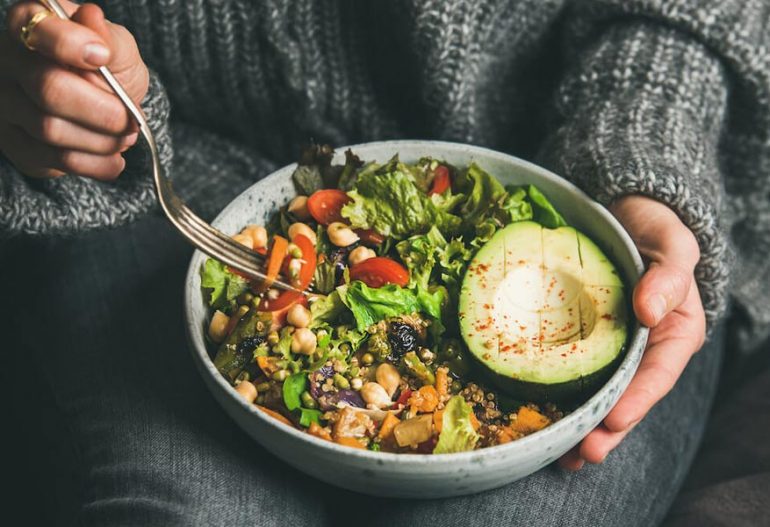
Flavourful Vegan Recipes Covering Everything From Burrito Bowls To Chocolate Mousse
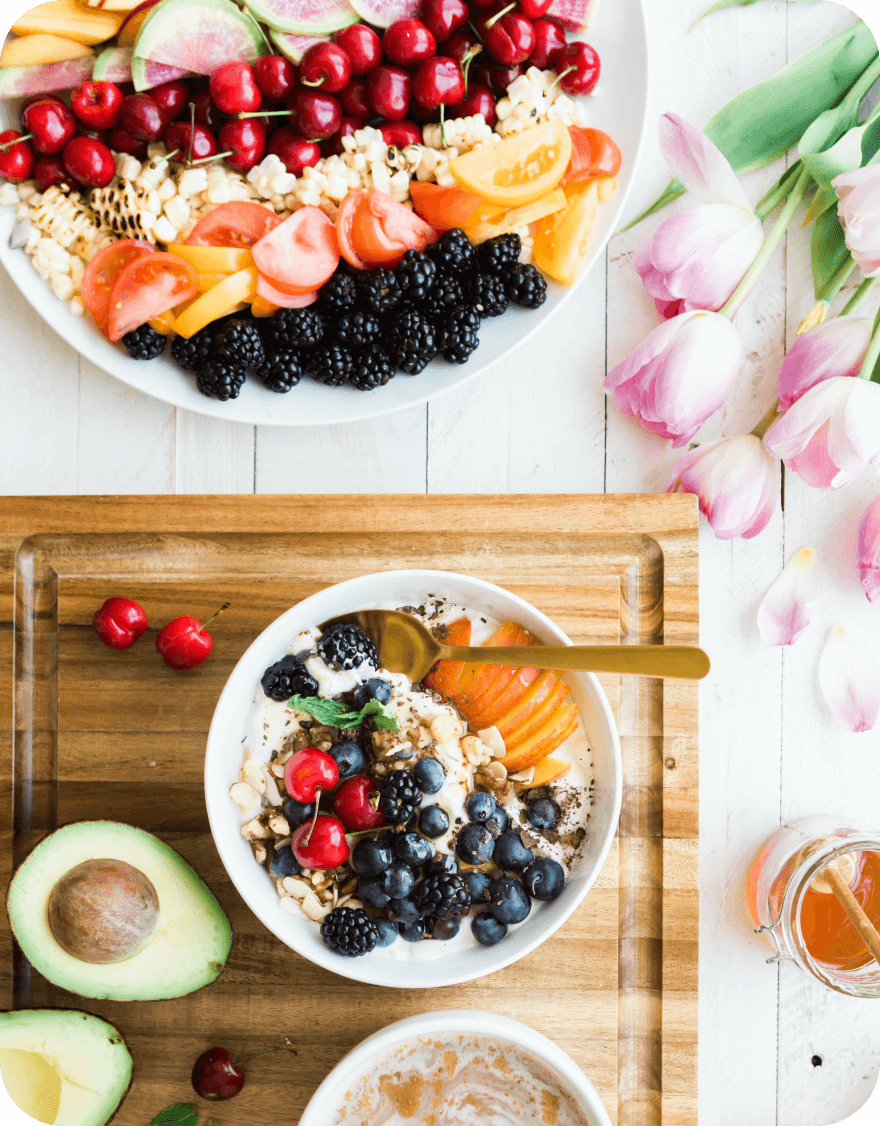
The keto diet is not just a diet it is a lifestyle change!

Pizza is Doubly Addictive with Two Morphine-Like Compounds in Every Crusty-Chewy Slice!
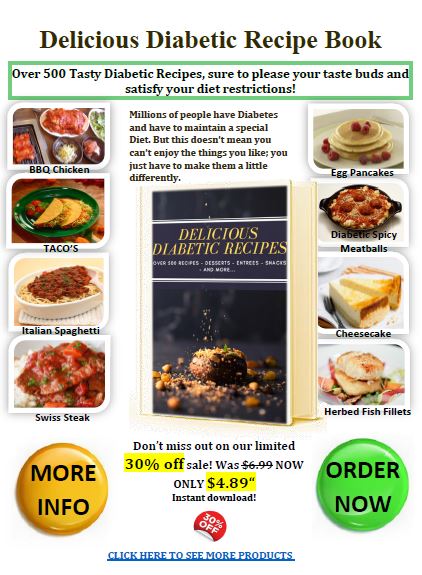
Delicious diabetic recipes- over 500 recipes-Desserts-Entrees-Snacks-and more.
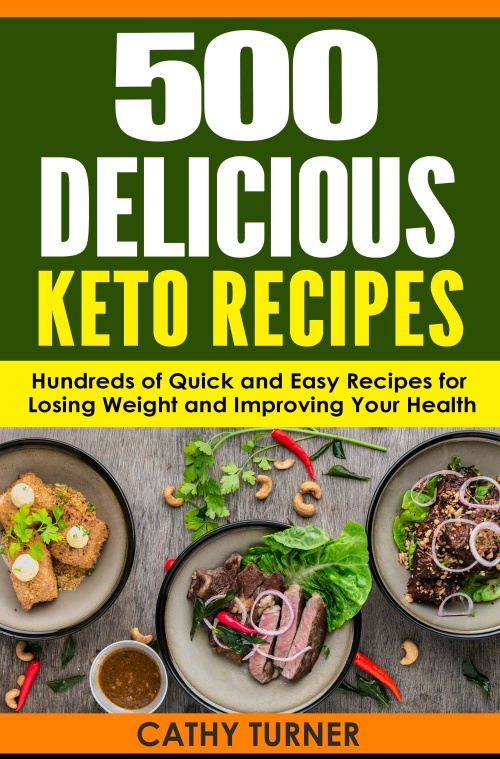
An amazing collection of easy and delicious keto recipes.
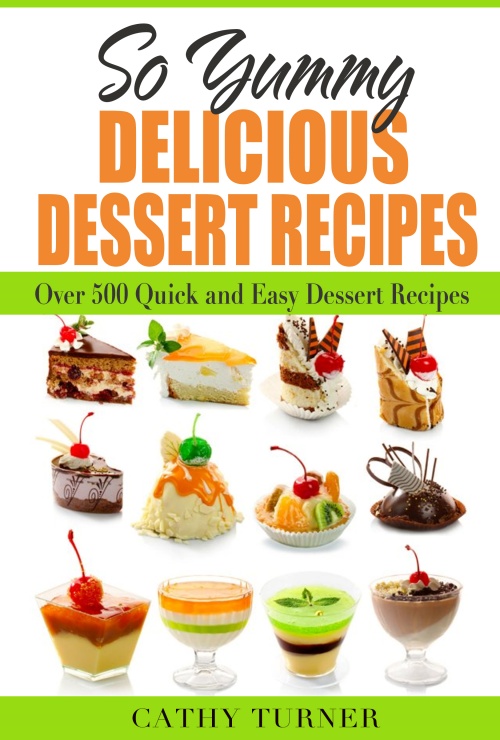
Homemade Desserts just got quicker easier and smarter.
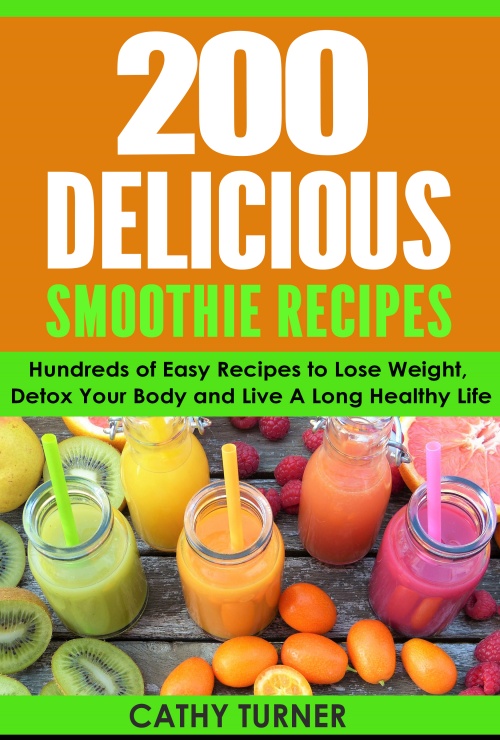
Boosting your health is easier than you think- smoothies make everything taste better.
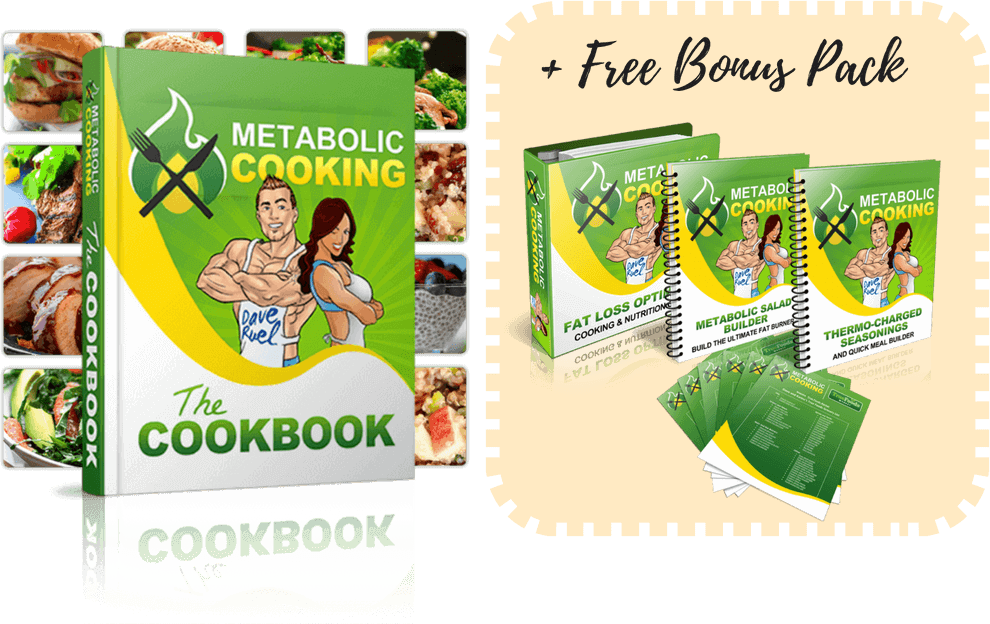

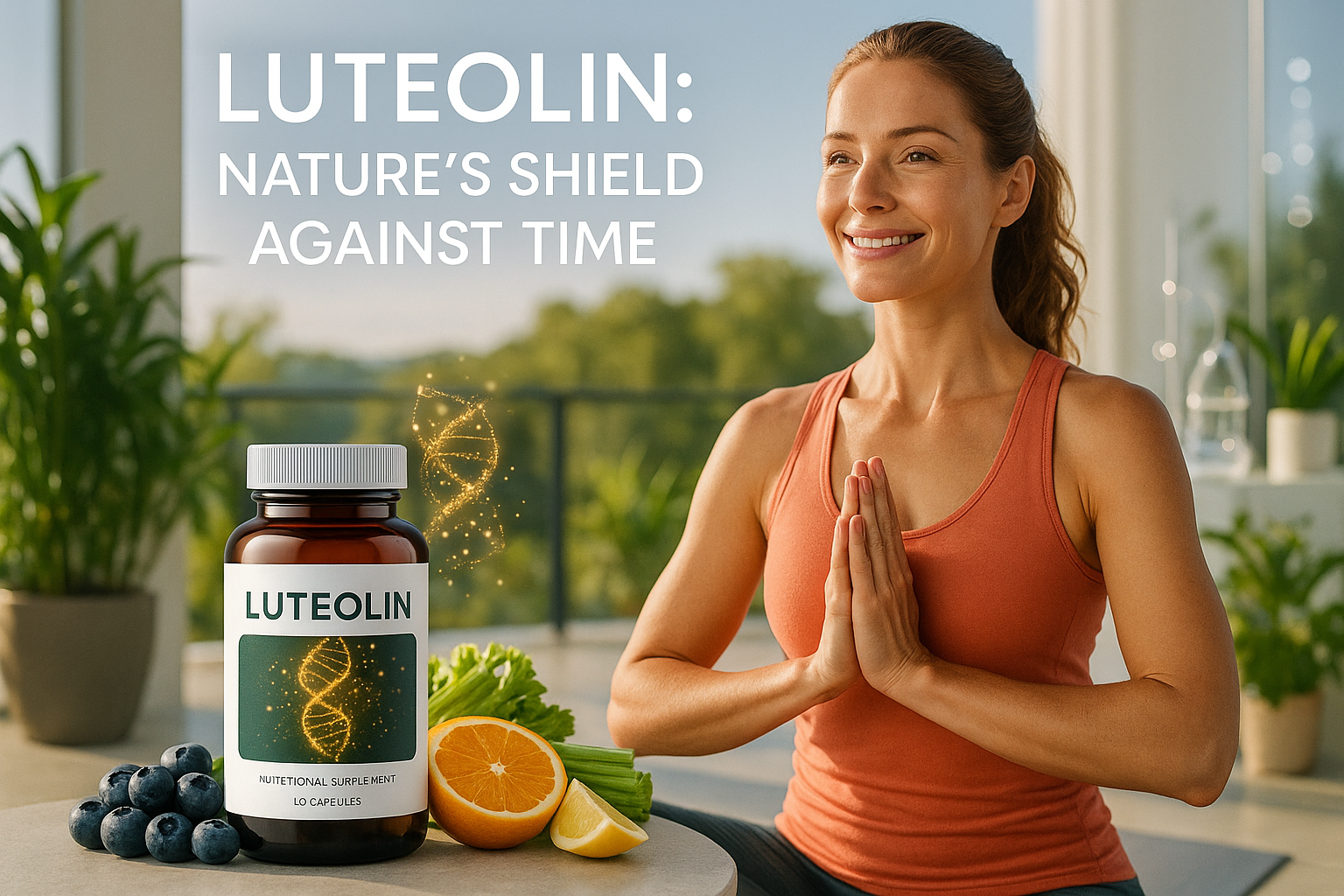
Comments
13 responses to “Luteolin for Anti-Aging: Unlocking Nature’s Secret to Youthful Vitality”
buy cheap androxal uk over the counter
purchase androxal generic a canada
buying rifaximin generic mexico
rifaximin online purchase
achat kamagra sans ordonnance pilule contraceptive
sans ordonnance kamagra pharmacie en ligne en germany
get enclomiphene australia online generic
buy cheap enclomiphene american express
purchase flexeril cyclobenzaprine cheap prices
buy cheap flexeril cyclobenzaprine generic usa
cheapest buy dutasteride cheap uk buy purchase
cheap dutasteride without a prescription
buying gabapentin generic dosage
comprar gabapentin por internet
cialis comparison levitra price fildena
buy cheap fildena generic equivalent buy
online order staxyn cheap with fast shipping
order staxyn with no prescription
discount itraconazole buy dallas
order itraconazole cheap uk buy purchase
online order avodart buy dublin
buy avodart with saturday delivery
discount xifaxan cost at costco
get xifaxan uk buy cheap
generické nejnižší náklady kamagra
kamagra objednávejte přes noc